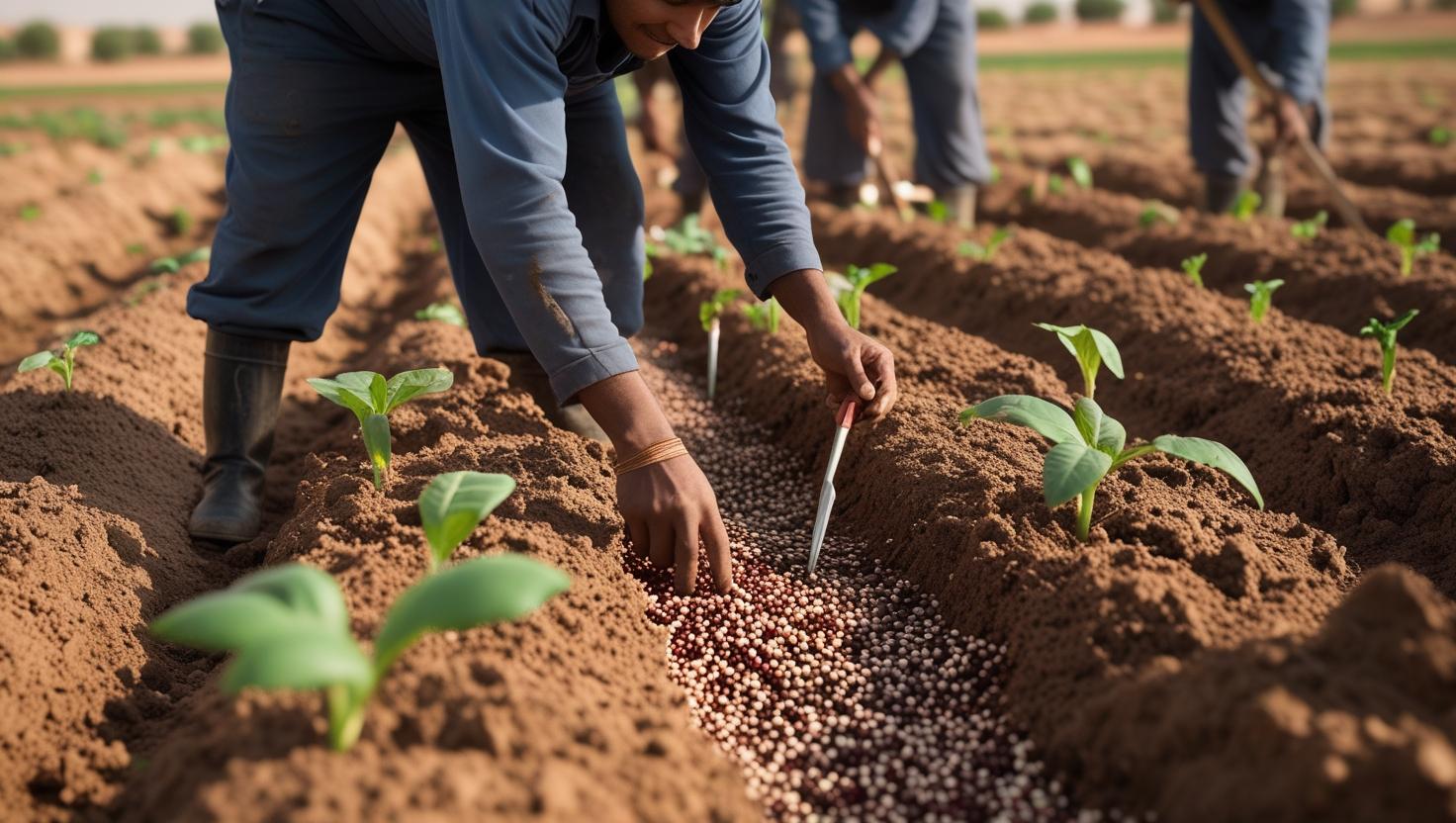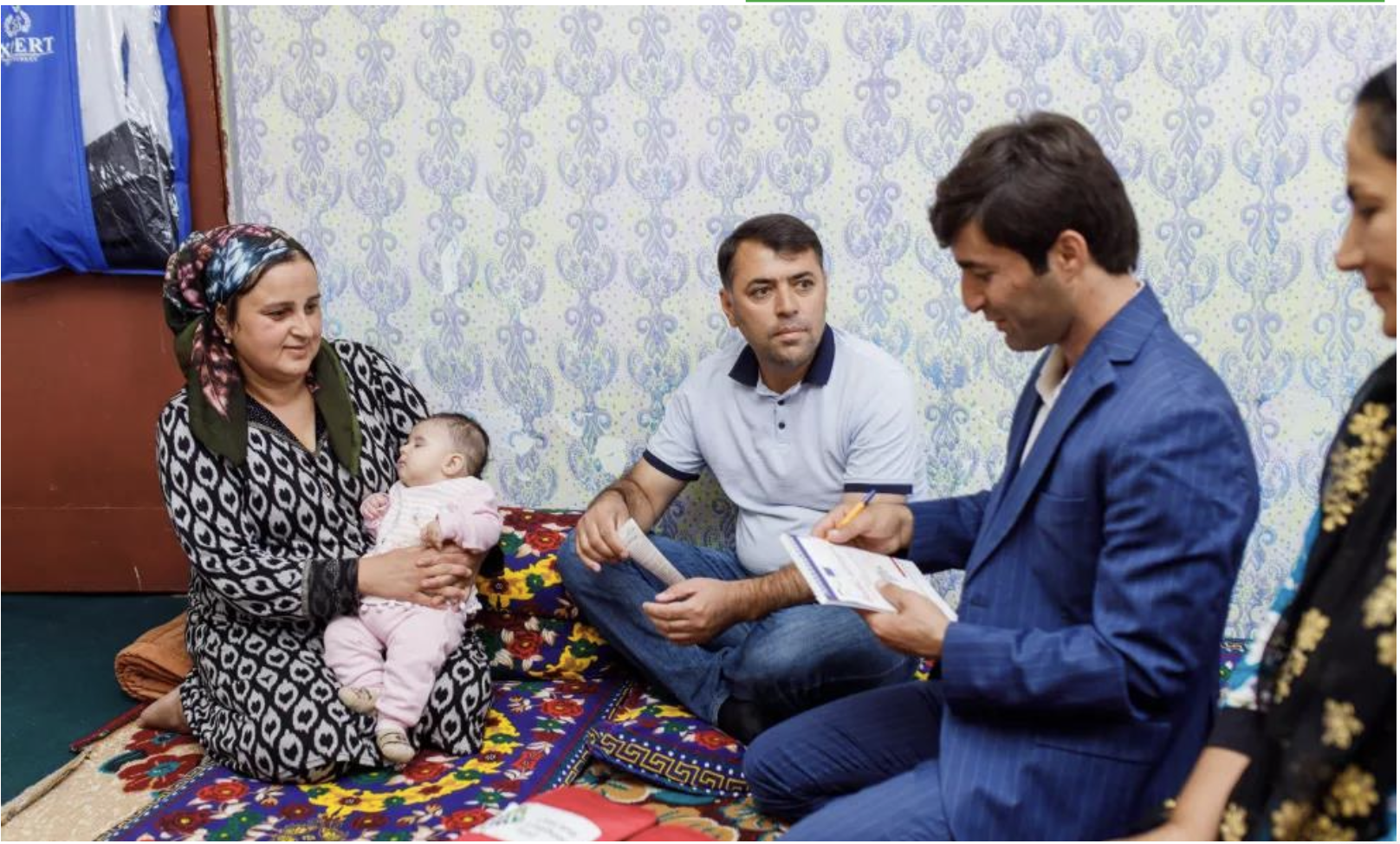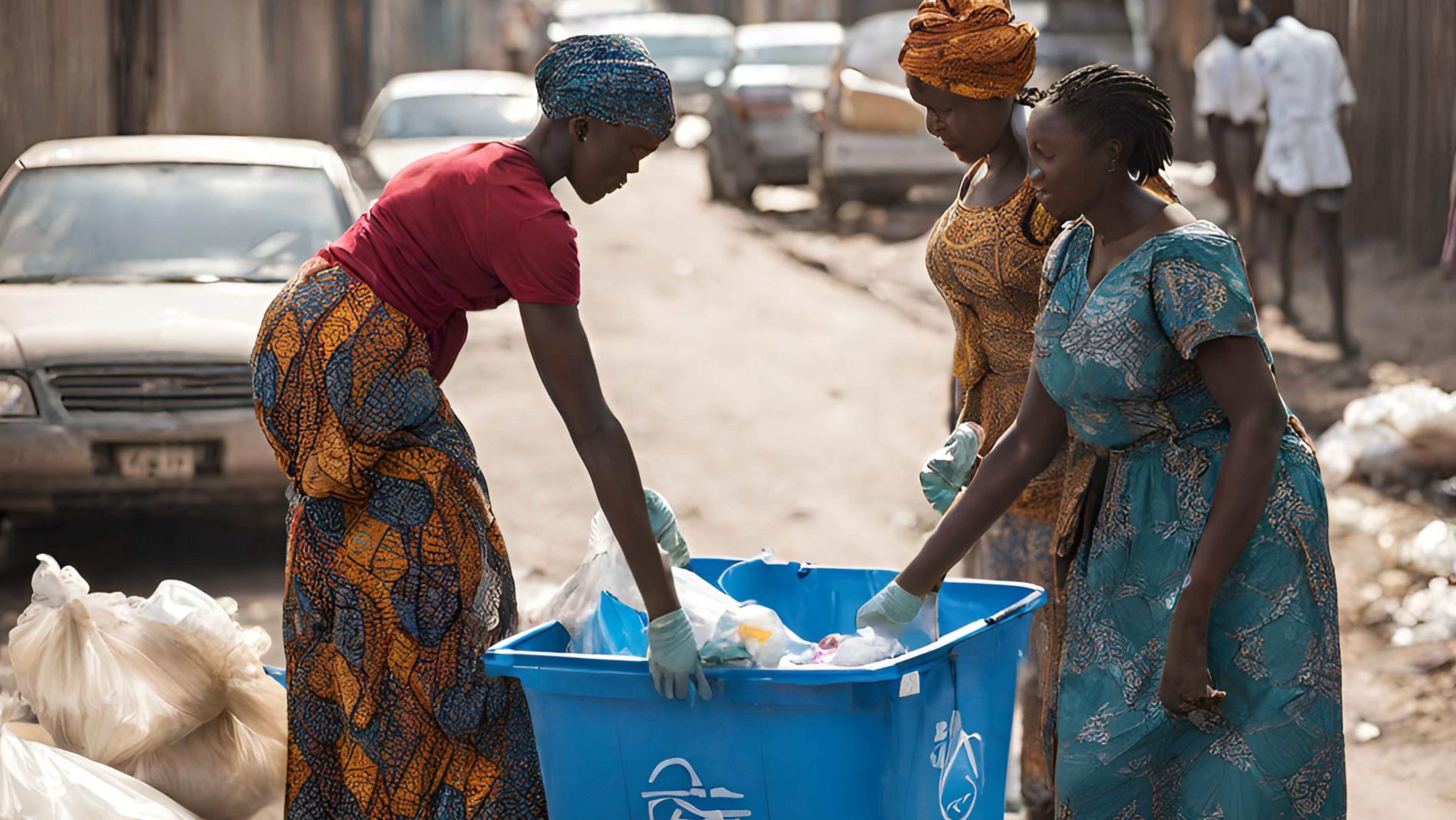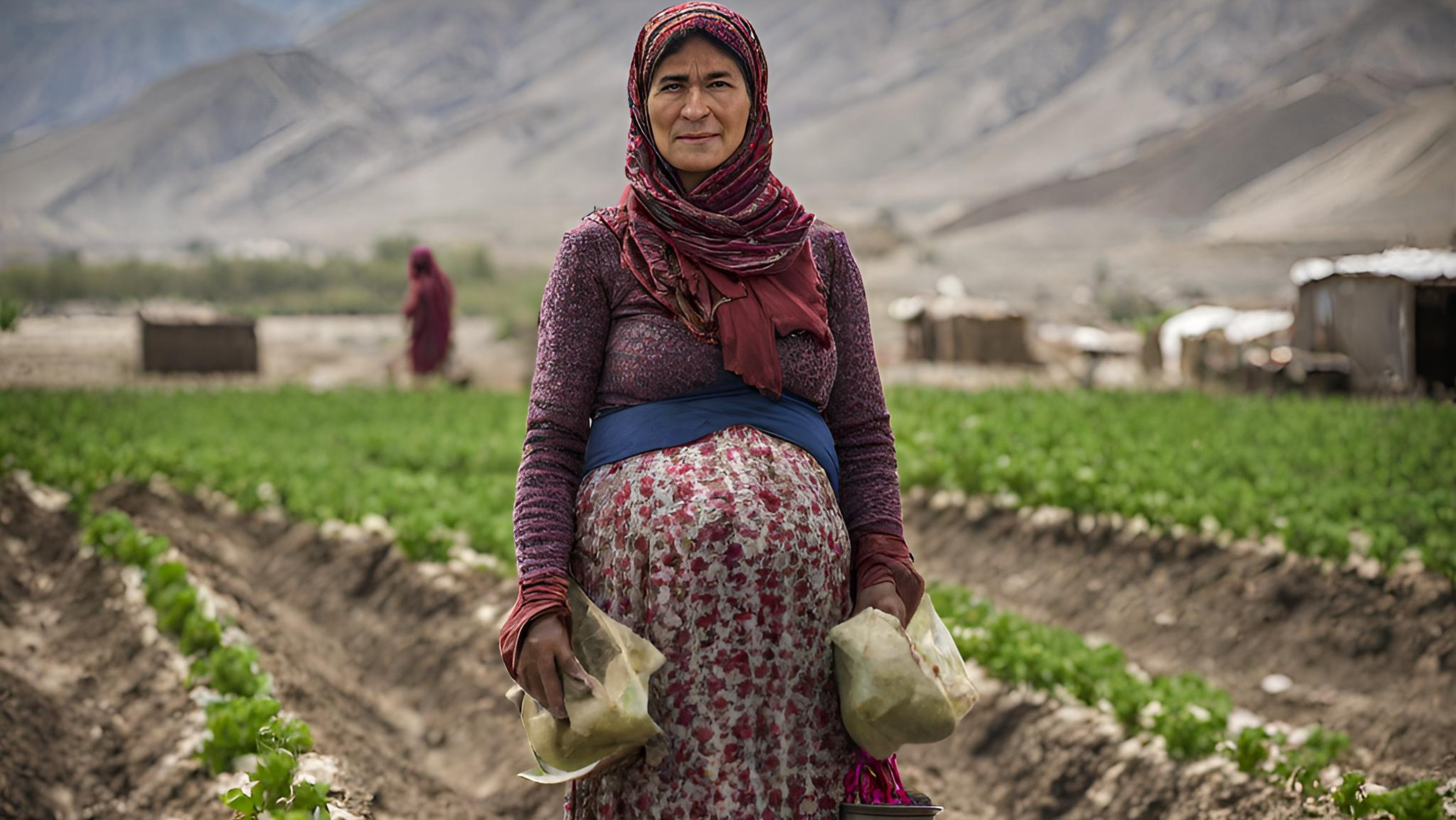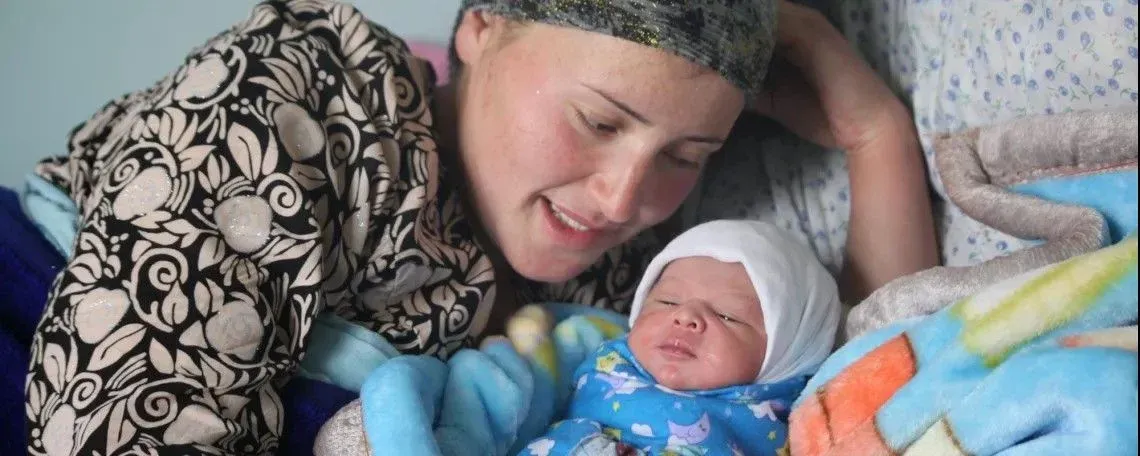Latest updates
Climate Change - A potent threat to polio eradication
Polio virus has been crippling the world and threatening the longevity of human life since prehistoric times.
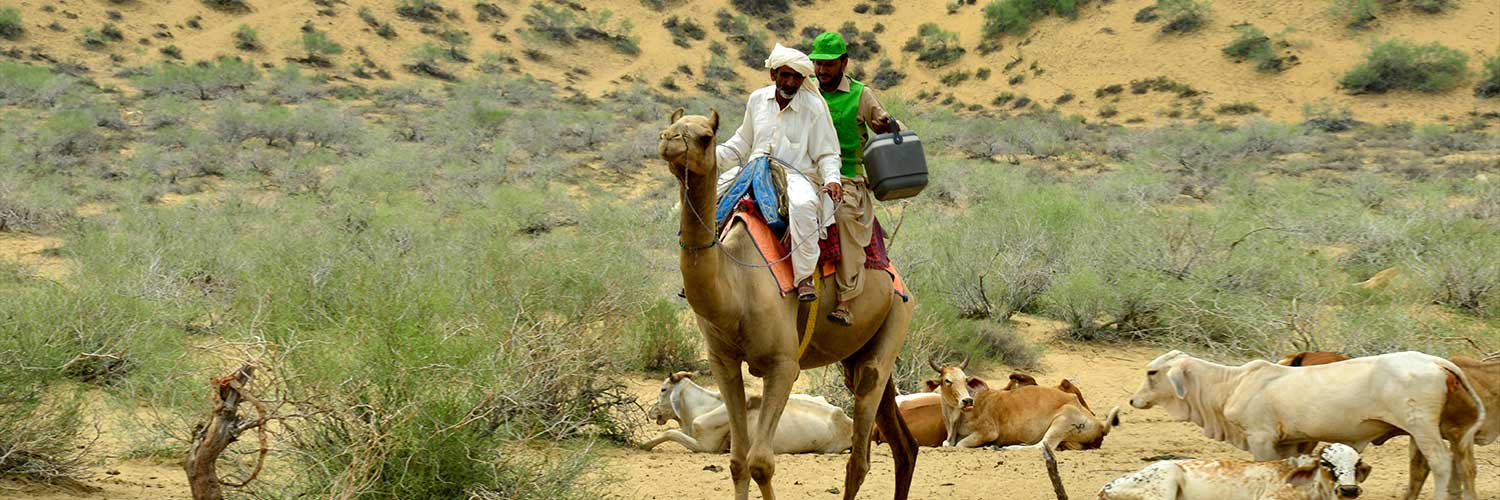
Cover image: While southern Pakistan reels from the adverse effects of El Nino and severe droughts, a committed polio worker administers vaccines to the hardest-to-reach area in Balochistan. Photo credit: Pakistan Eradication Program
What lurked around for millennia as the most feared disease in the world, finally found its way out of people’s life in the early 1950s when US physician Jonas Salk created the first anti-polio vaccine, followed by the development of oral polio vaccine (OPV) by physician and microbiologist Albert Sabin. These efforts marked a watershed moment in the history of modern medicine.
Today, the Global Polio Eradication Initiative has put the cases of poliovirus in a nosedive from 350,000 cases annually in 125 countries to just 7 cases, while Pakistan still being a battleground for wild poliovirus with six reported cases in 2023 - a grim reminder that the fight is far from over.
With more donors joining hands to fight polio through collective resources and expertise, the US$160 million investment by the Islamic Development Bank in Pakistan through the Lives and Livelihoods Fund has been critical in securing 92 million oral poliovirus vaccines for 43 million children across the length and breadth of the country and operationalizing immunization activities.
In the absence of polio vaccine and a systematic vaccination operation, the wild poliovirus would have cut short the childhood of close to 0.8 million children across Pakistan. The case fatality ratio for paralytic polio is generally 2% to 5% among children and up to 15% to 30% among adolescents and adults. It increases to 25% to 75% with bulbar involvement.
Yet, as we make strides towards complete eradication of poliovirus, we must not lose sight of the potent threat that can sabotage our progress and hard-earned gains. One such threat is climate change. Climate change can undermine not only our efforts and outputs in the fight against polio, but can also break the back of vital health infrastructure, sanitation system, and manpower which are the mainstay of successful polio operations.
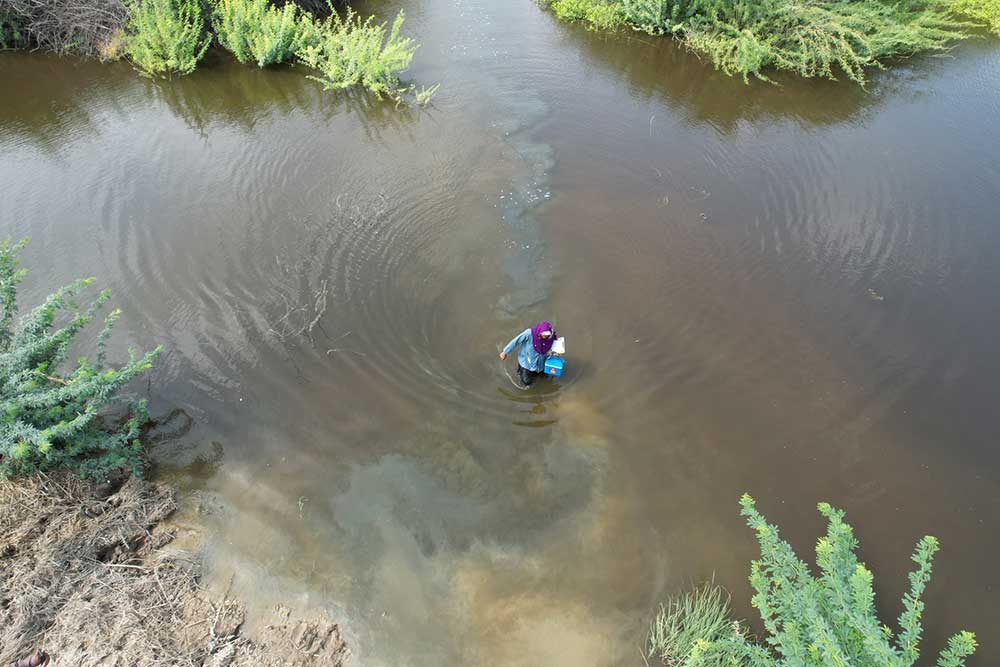 Another unsung hero - a female polio worker cleaves through waiste-deep flood waters in Sanghar district during the national immunization campaign in 2023. Photo credit: Amir Guirro/Climate Journalist
Another unsung hero - a female polio worker cleaves through waiste-deep flood waters in Sanghar district during the national immunization campaign in 2023. Photo credit: Amir Guirro/Climate Journalist
Pakistan being prone to natural disasters, witnessed a wholesale devastation in the wake of unprecedented monsoon rains and flooding in 2022, affecting 33 million people, including polio workers and health staff in 116 districts across the country. Around 888 health facilities were damaged in the country, of which 180 were destroyed, leaving millions of people without access to health care and medical treatment.
In the same year, Pakistan had already reported 15 cases of wild poliovirus, but the biblical rains and floods stalled the nationwide polio vaccination campaign in affected areas. The operations resumed after the monsoon rains had abated, leaving the health system under visible strain of coping with water-borne disease outbreaks while trying to sustain polio prevention efforts.
The intersection between polio and climate change further deepens in light of the sanitation infrastructure that can be overwhelmed by heavy flooding, thus making underwater sources a potential transmission pathway of poliovirus and further depleting country’s capacity to prioritize it.
Overall, the genesis or spread of poliovirus can also be linked to climate changes emerging from ocean warming, deforestation, and desertification etc. Their compounding effects can throw a spanner in the eradication efforts, burden resources and challenge our collective resolve.
Our experience from the Pakistan Polio Eradication Program guides us to integrate climate stressors and risks, resilience measures, and immunization schedules into disaster response plans from the very start.
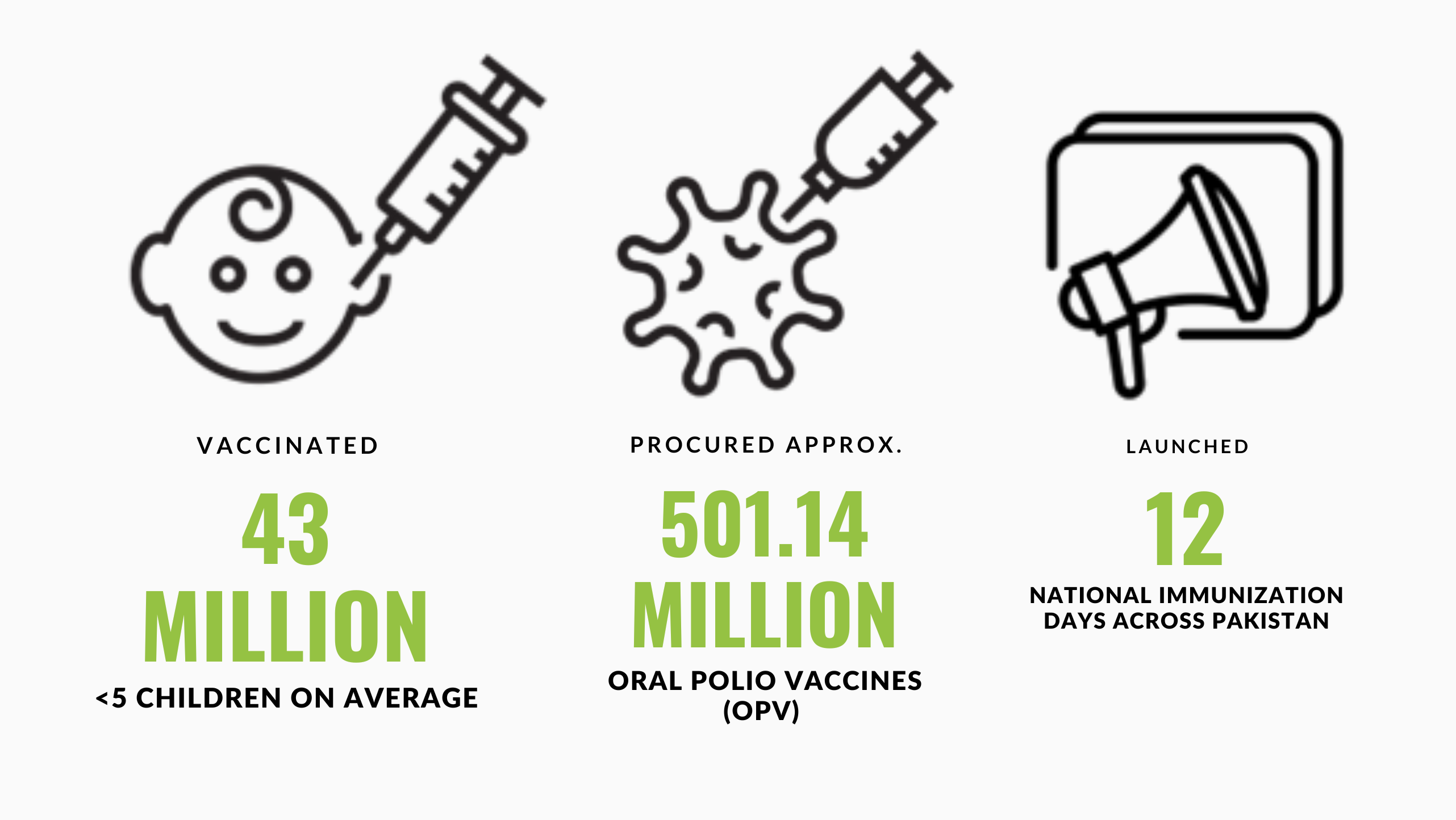
Related articles
Cookies
By browsing our website you accept our Terms and Conditions
